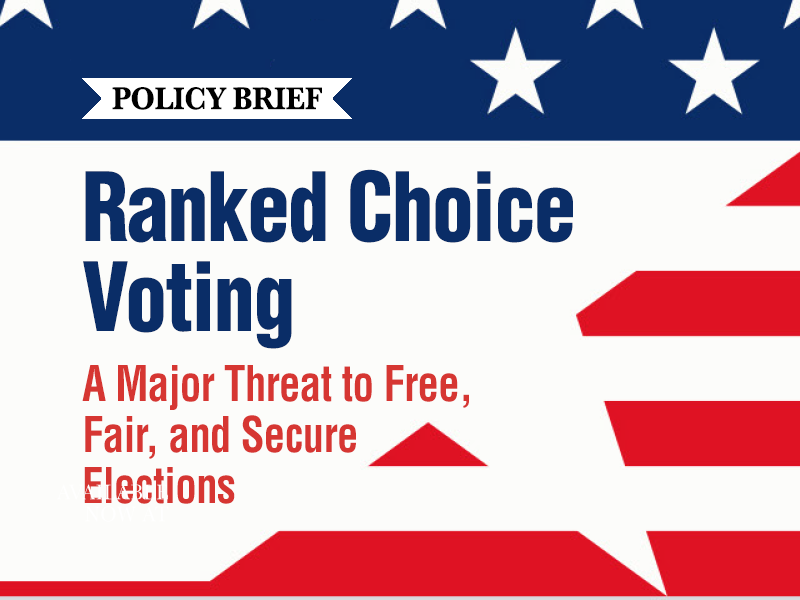Since 1998, the Internet Tax Freedom Act (ITFA) has helped to promote the growth of the Internet by placing a moratorium on state and local taxation of Internet access and on discriminatory taxes on emails and other data. The moratorium is set to expire November 1, but legislation is now moving through Congress that would permanently extend the moratorium.
The bill, titled the Permanent Internet Tax Freedom Act (PITFA), was written by Judiciary Chairman Bob Goodlatte (R-VA) and co-sponsored by 138 Republicans and 76 Democrats. PITFA would make the ITFA moratorium permanent and end a “grandfather clause” that allows seven states to tax Internet access. The seven states enacted Internet access taxes before the moratorium was put in place.
The House Judiciary Committee voted this week to approve PITFA by a vote of 30-4.
The Internet has become an increasingly important part of the overall economy, both in the United States and worldwide. According to the Tax Foundation, the Internet economy is predicted to grow to as much as 5.4 percent of U.S. gross domestic product by 2016 and 5.3 percent of GDP for the collective G-20 economies. Proponents of the moratorium have argued that making the Internet access tax moratorium permanent is a necessary step in promoting wider access to the Internet while keeping the cost of access down and eliminating discriminatory taxes.
Steve Stanek, a research fellow at The Heartland Institute, said it is important to point out that PITFA affects Internet access taxes, not Internet sales taxes.
“People need to understand this bill would prohibit taxes on access to the Internet, not taxes on online purchases. The bill deserves strong support because businesses and individuals of all income levels rely on the Internet for so many important activities. Taxing Internet access would make the Internet less affordable, which would make no sense to do,” he said.
Elizabeth Hyman, executive vice president of TechAmerica, said allowing federal, state and local taxes to be imposed on Internet access could cripple the Internet’s growth.
‘Must Not Allow Patchwork Taxation’
“The Internet has brought astounding changes to both our economy and our daily ways of life,” she said in a statement. “We now learn, shop and do business online. We communicate with friends and family online. The Internet provides a dynamic mode of communication for our American society, as well as our neighbors around the world. Accordingly, we believe that access to the Internet should remain unburdened by taxes. We must not allow a patchwork of federal, state and local taxes to restrict access to this essential service.”
The Internet Tax Freedom Act (ITFA) Coalition, a group of communications and technology companies, business associations and consumer groups, voiced its support for the House Judiciary Committee’s markup of the Permanent Internet Tax Freedom Act (PITFA) in a press statement.
“The House Judiciary Committee took the first step this morning to avoid new Internet access taxes on millions of Americans across the country. Today’s markup was the first step of many to ensure consumers, students, and small businesses are not burdened with new taxes on Internet access that could be as high as double the national sales tax rate. We applaud their efforts and hope the Senate will follow suit in moving a companion bill prior to the August recess to ensure Congress extends the Internet tax moratorium before it expires on November 1st,” the Coalition stated.
Other proponents supported the bill but cautioned legislators against adding other, less beneficial reforms to PITFA during the legislative process. In a letter to the bill’s sponsors, Brandon Arnold, vice president of government affairs at the National Taxpayers Union, pointed to the Marketplace Fairness Act as a potential problem. The MFA, now being mulled by Congress, would allow states to impose sales taxes on online purchases regardless of where an online retailer is located. Some MFA advocates have proposed linking support for a permanent moratorium on Internet access taxes to support for online sales taxes.
‘Essential to Avoid Extraneous Provisions’
“While adoption of PITFA is critical, it is also essential for Congress to avoid attaching any extraneous provisions to this bill. For instance, inclusion of the so-called Marketplace Fairness Act, or Internet sales tax, would represent an unacceptable poison pill’ for taxpayers,” Arnold wrote.
Supporters of PITFA argue that allowing access taxes could quickly make Internet service provider bills resemble phone bills, with more and more taxes added and more people being unable to afford Internet access. Wireless phone service tax rates have reached all-time highs, with almost half the states nationwide now imposing a wireless tax above 10 percent, according to the Tax Foundation. The national average tax rate on wireless phone service is more than 16.3 percent, with some state imposing tax rates topping 20 percent.
Andrew Lundeen of the Tax Foundation noted in an article on PITFA that no real policy purpose exists for a tax on Internet access. “Additionally, there doesn’t seem to be a good reason to tax internet access in the first place. Governments tend to levy taxes on goods or services as a way of correcting for an externality or paying for the costs of a provided service.
“The internet does not create any evident externalities and may, in fact, have positive externalities associated with it. Additionally, state and local governments don’t seem to be providing any services associated with internet access.”
Externality is a word economists use to describe an unintentional cost or benefit on third parties as a consequence of someone’s economic activity. For instance, pollution caused by a factory that ruins drinking water nearby would be a negative externality.





